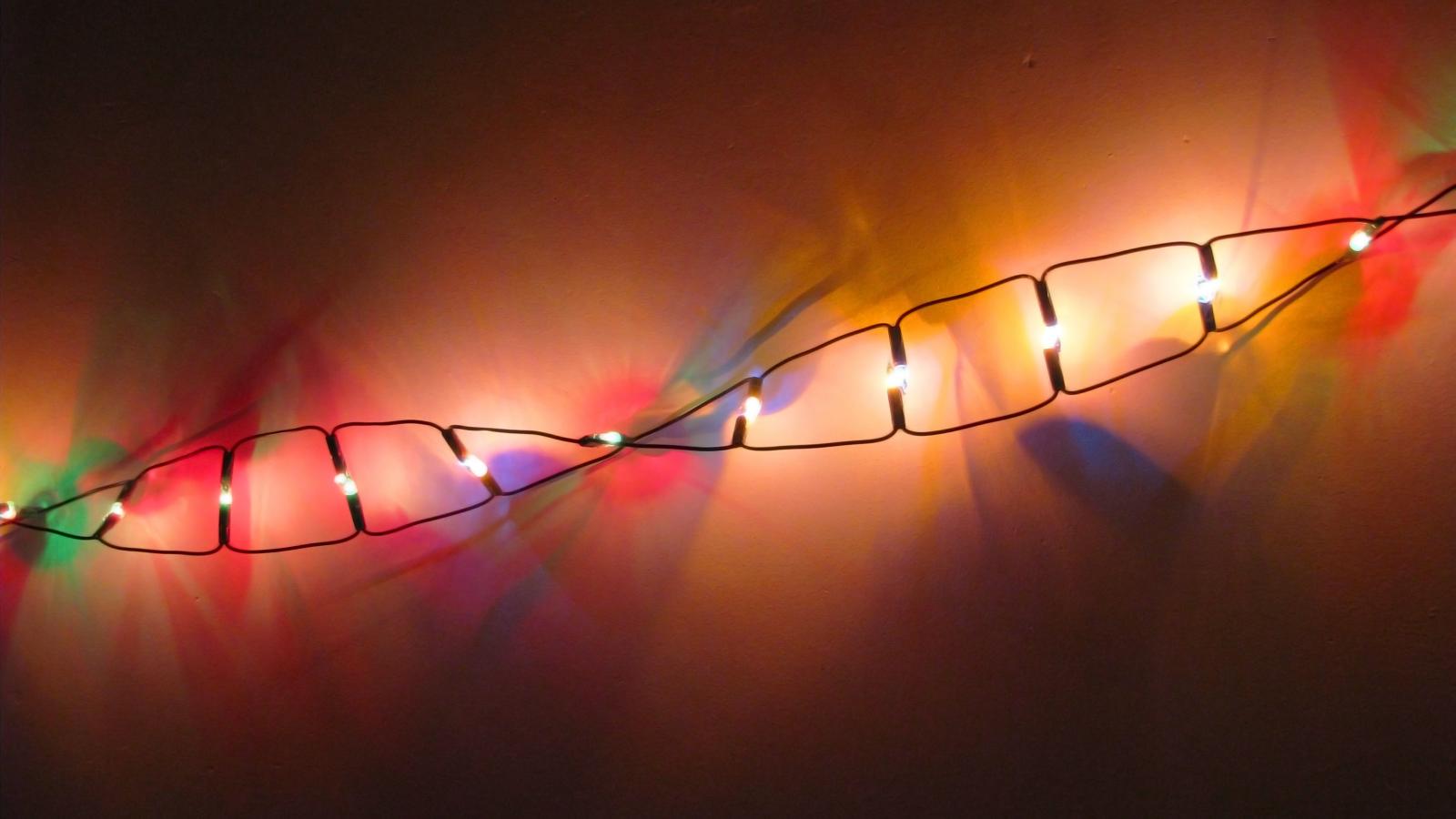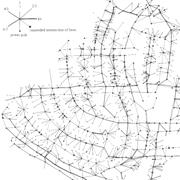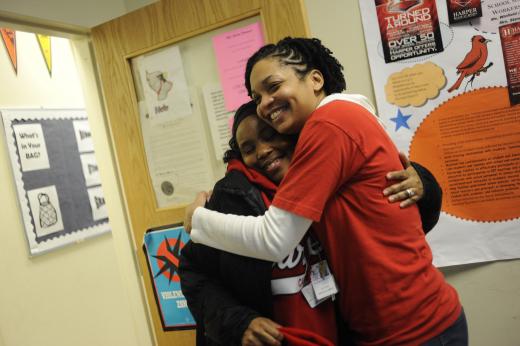After a decade in which DNA evidence has freed over 100 people nationwide, it's become clear that DNA evidence isn't just proving wrongdoing by criminals, it's proving wrongdoing by police and prosecutors. In this show, we look at what DNA has revealed to us: how police get innocent people to confess to crimes they didn't commit and how they get witnesses to pin crimes on innocent people.
-
Download Control-click (or right-click) Tap and hold to download
- Transcript

There have always been suspicions that these kinds of things take place. With DNA, there's finally irrefutable proof.
Prologue
Host Ira Glass surveys the effects DNA has had on the criminal justice landscape. He talks with Huy Dao, at the Innocence Project, where they are waist-deep in 2,000 letters from prisoners claiming DNA can prove them innocent. Charlotte Word at Cellmark Diagnostics, the largest and oldest private DNA forensics lab in the country, explains how their caseload is expanding into all sorts of new areas like insurance claims and medical malpractice suits. John Stanton, a detective in Arlington, Texas, recently opened up over 49 old unsolved cases, to see if DNA might be successful where old methods weren't. One case he reopened: The very first case he went on himself as a young crime scene officer in 1985. And finally, Chicago Tribune investigative reporter Maurice Possley explains that DNA has shed so much doubt on the criminal justice system in Illinois that now prosecutors and judges are reopening questionable cases that don't even have DNA evidence. (6 minutes)
Act One
Hawks And Rabbits
This is the story of some teenagers who were wrongfully convicted of murder and served 15 years in prison. DNA set them free, then convicted the two men who really did the crime. Shane DuBow reports on how the police framed them with the crime in the first place, and what it's like to be in prison when you know you're innocent. (37 minutes)
Act Two
Snitch
The story of how common and perfectly legal police interrogation procedures, procedures without violence or torture, were able to get an average fourteen-year-old suburban kid to confess to murdering his own sister...even though DNA evidence later proved that he hadn't done the crime. (12 minutes)

